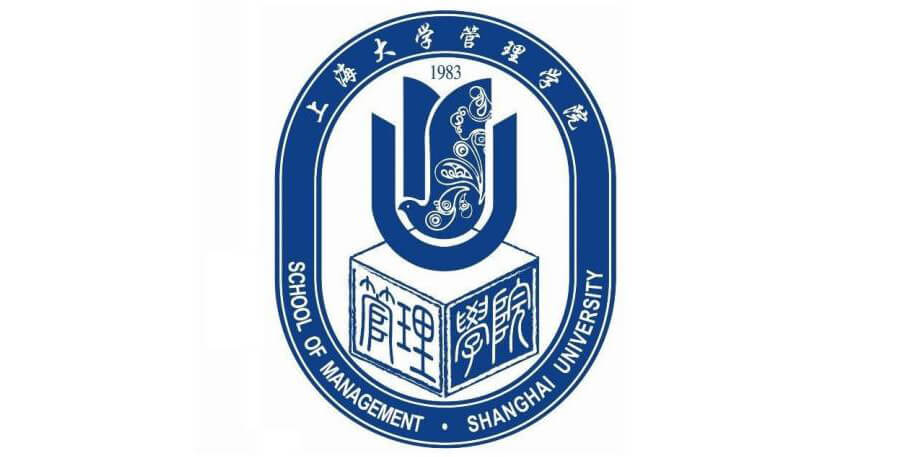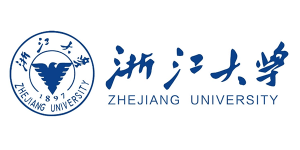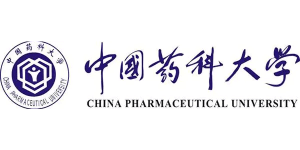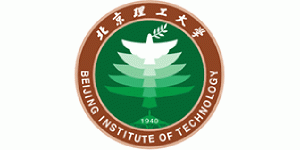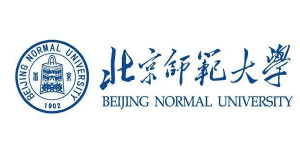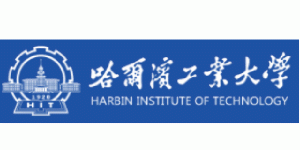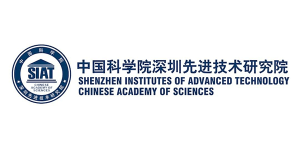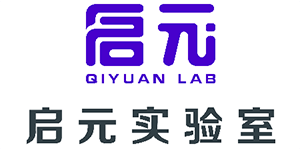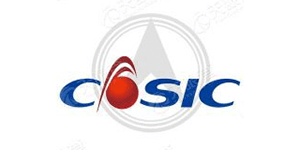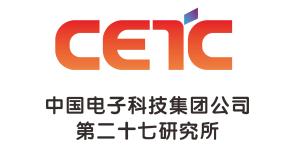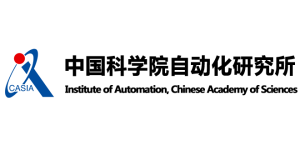Introduction to the Conference
The 6th Neuroaccounting and Neuromanagement Symposium is scheduled to be held on December 9-10, 2023 at Beijing Normal University. The theme of the conference is "Organizational Value Creation and Mechanisms of Neuroaccounting and Neuromanagement in the Age of Digital Intelligence". This year's conference will include a workshop session, in which professional scholars will introduce the basic principles of cognitive neural-related devices and their application and operation in neuroaccounting research. The School of Management of Shanghai University has joined the initiating unit since the beginning of this conference, which is co-organized by the School of Economics and Business Administration of Beijing Normal University, the School of Management of Xiamen University and the School of Management of Shanghai University, and the Cognitive Neuromanagement Laboratory of the School of Economics and Business Administration of Beijing Normal University, and co-organized by the Neuromanagement and Neuroengineering Research Association of the Chinese Society of Management Science and Engineering, and the Beijing Hengzhi Science and Technology Co. Scholars from related fields at home and abroad are cordially invited to register for the conference.
I. Schedule of meetings (tentative)
Venue: 9406 Jingshi Building, Beijing Normal University (see program for sub-forum locations)
structural particle: used before a verb or adjective, linking it preceding the verb or adjectiveAddress: Xinjiekouwai Street, Haidian District, Beijing, ChinaNo. 19.
Meeting dates: December 9-10, 2023
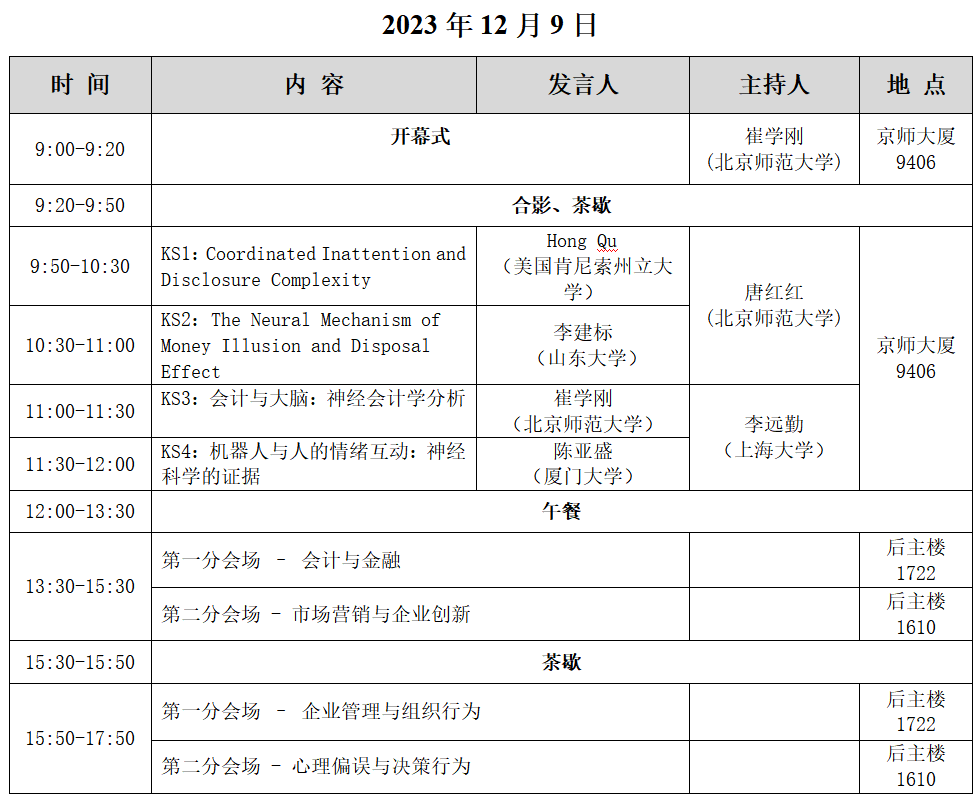

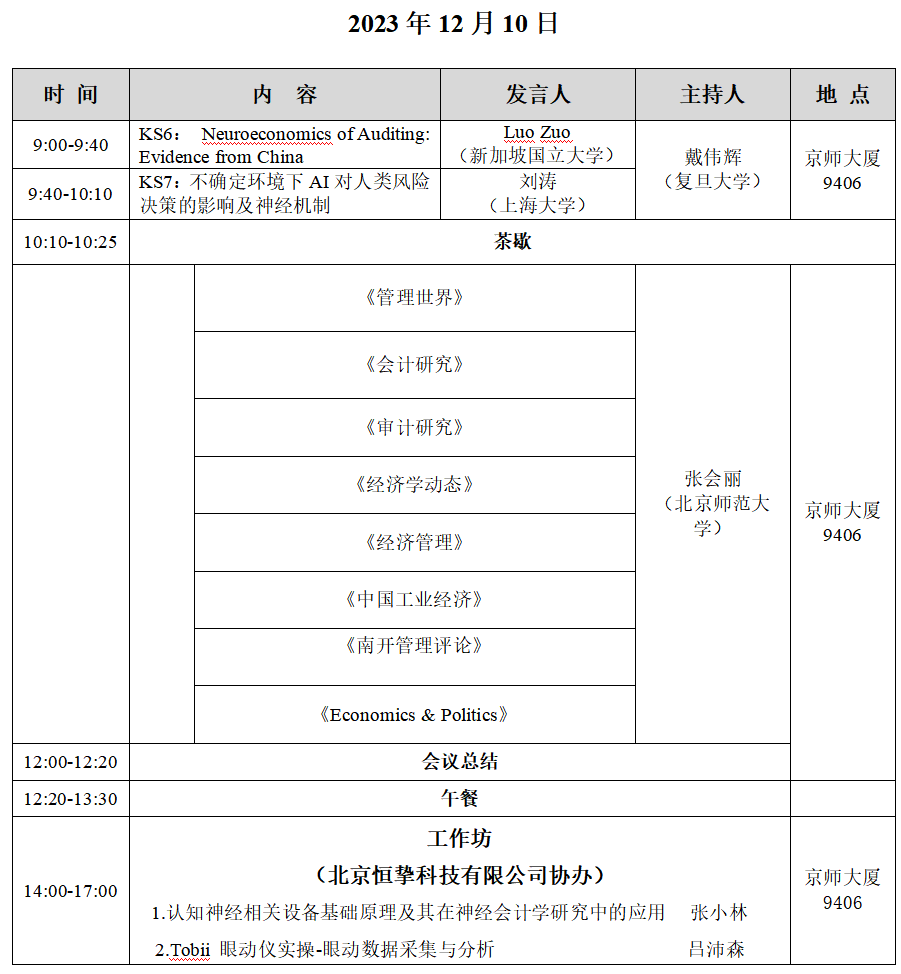

II. Introduction of Speakers






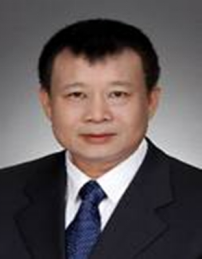








III. Costs of the Conference
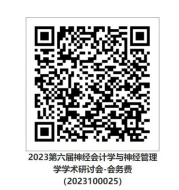

Payment QR code
Registration and Hotel Reservation


Conference Registration QR Code
V. Contact information
Contact person and phone number:
Niu Qingrun: 18801327758
Ye Shusong: 15270773617
E-mail: neuro_management@163.com
College of Economics and Business Administration, Beijing Normal University
School of Management, Xiamen University
Shanghai University School of Management
Annex I: Hotels in the vicinity of schools
|
Hotel Name |
typology |
address |
Distance from North Division |
contact number |
|
Holiday Inn Express Beijing Deshengmen Huayu |
high class |
Deshengmenwai Street, Xicheng District71. |
820m |
010-82065555 |
|
Beipu Science and Technology Hotel |
high class |
Xitucheng Road, Haidian DistrictNumber 10. |
1900m |
010-51299335 |
|
Ru Jia (Bei Taipingzhuang Branch) |
economy model |
Haidian District, North Third Ring Middle Road B40Next to Gome Electrical Appliances |
796m |
010-62026556 |
|
Ruijia (Xiaoxitian) |
economy model |
Wenhuiyuan diagonal street, Xinjiekouwai Avenue, Haidian District6No. (East of Wenhui Bridge)200meters to the south30(meters) |
1100m |
010-62231199 |
|
Ruijia (Jishuitan) |
economy model |
Zhiqiang North Park, Wenhuiyuan, Xinjiekouwai Street, Haidian District30horn (wind instrument) |
809m |
010-62242828 |
|
velocity8(Beitaipingzhuang Store) |
economy model |
Xinjiekouwai Street, Xicheng District2-6horn (wind instrument) |
852m |
010-82077005 |
|
7Tian (Beijing Normal University) |
economy model |
Xinfeng Street, Deshengmenwai, Xicheng District3Inside the courtyard (west of Xinfeng Street)120(meters) |
688m |
010-62362899 / 010-62035833 |
|
Hanting (Beijing Jishuitan) |
economy model |
South College Road, Haidian DistrictNo. 4 |
280m |
010-85830033 |
Annex II: Transportation routes
Capital International Airport-Beijing Normal University
Option 1: Take a cab for about 60 minutes at a cost of about 100 RMB.
Option 2: Take the airport bus to Beitaipingzhuang Station, costing 24 RMB.
Option 3: Take the Airport Express to Dongzhimen, transfer to Line 2 and get off at Jishuitan. Exit Exit C of Jishuitan Subway Station and take No. 22, No. 47, No. 88, etc. at the Beijing Normal University Station, which will cost you about RMB 18.
Beijing West Railway Station-Beijing Normal University
Option 1: Take a cab for about 40 minutes at a cost of about $40.
Option 2: Take Subway Line 9 (direction of National Library) from Beijing West Railway Station to National Library Station (Exit B), then transfer to Bus No. 92 and get off at the South Gate of Beijing Normal University.
Beijing South Railway Station-Beijing Normal University
Option 1: It takes about 53 minutes by cab and costs about $42.
Option 2: Take subway line 4 Daxing from Beijing South Railway Station (north direction of Anheqiao) to Xuanwumen Station and transfer to line 2, go to Jishuitan Station (Exit C), transfer to No. 22 (or No. 88, No. 47, etc.) at Jishuitan South Station, and walk north for about 100 meters.
Beijing Station-Beijing Normal University
Option 1: Take a cab for about 40 minutes at a cost of about $40.
Option 2: Take Subway Line 2 (Outer Ring) from Beijing Station to Jishuitan Station (Exit C), then go to Jishuitan South Station and transfer to Bus No. 22 (or No. 88, No. 47, etc.) and get off at Beijing Normal University Station, walk north for about 100 meters.
The above times and costs are estimated under smooth traffic conditions. Considering that some roads in Beijing may be congested, the actual time and cost may vary.
Company Profile






This article comes from the WeChat public number: EVERLOYAL





